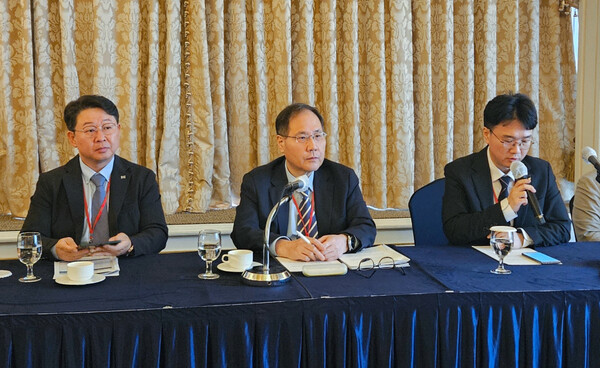The medical community criticized the National Health Insurance Service (NHIS) labor union's claim that promoting ingredient-name prescriptions is necessary to eradicate pharmaceutical rebates, arguing it would only create “a new illegal structure.”
In a statement issued on Sunday, the NHIS labor union said, “We must root out pharmaceutical rebates threatening the health insurance finances by improving the drug pricing system and distribution structure to advanced-country levels,” asserting the need to promote ingredient-name prescriptions and substitute dispensing.
The medical community opposed it. The Korean Physicians’ Association issued a statement on Tuesday.
“Eradicating illegal rebates is absolutely necessary,” it said. “However, forcing through fragmented and idealistic policies could lead to unintended side effects, creating new illegal structures.”

The association continued, “Ingredient-name prescription may theoretically hold promise for lowering drug prices and enhancing distribution transparency. However, it could instead cause confusion at the pharmacy level over drug selection and trigger new conflicts of interest.”
It also argued that widespread adoption of ingredient-name prescribing could restrict physicians' prescribing choices and transfer drug selection authority to pharmacies, posing serious risks to patient safety and treatment consistency.
The association criticized the NHIS union for condemning the medical community over financial leakage in the health insurance system while remaining silent about its own internal control failures, such as a 4.6 billion won ($3.3 million) embezzlement case.
“The union's attitude of attempting to claim moral superiority over the medical community without uttering a word about the loss of billions of won in national insurance premiums is highly inappropriate and lacks persuasiveness,” it said. “Before criticizing the medical community, the NHIS itself must examine the flaws in its management system and present measures to prevent recurrence. That is the starting point for restoring public trust.”

